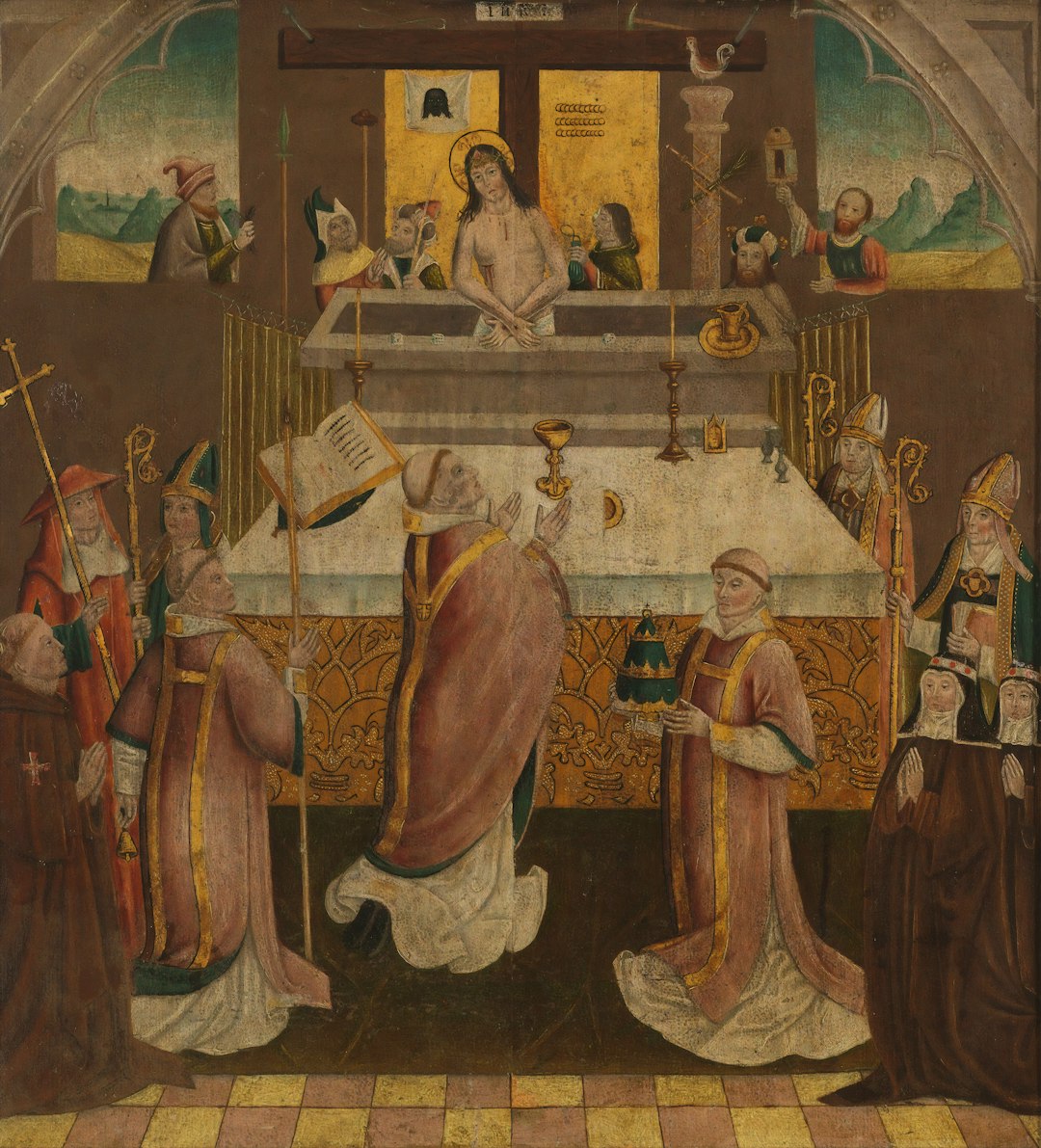Exploring the Influence of Religion on Moral Development
Religion has been a driving force for moral development throughout human history. Whether we look into the teachings of major world religions such as Christianity, Islam, Buddhism, or Hinduism, or delve into more localized spiritual beliefs, it is evident that religion has a profound impact on shaping our moral value systems and guiding our ethical behavior. In this blog post, we will explore the influence of religion on moral development and how it helps us navigate the complexities of life.
One of the main ways religion impacts our moral development is through the establishment of moral guidelines and values. Many religious texts, such as the Bible, Quran, or Torah, provide a set of ethical principles that adherents are encouraged to follow. These principles often encompass concepts like honesty, compassion, forgiveness, charity, and respect for others. Through regular exposure to these teachings, individuals, especially during their formative years, internalize these values and use them as a compass to navigate moral dilemmas. Religion offers a structured framework through which individuals can develop their moral reasoning.
Moreover, religious communities play a crucial role in shaping moral development. Places of worship, such as churches, mosques, synagogues, or temples, act as hubs for moral education, socialization, and community engagement. Within these communities, individuals learn from religious leaders and fellow believers about moral values, virtues, and ethical practices. This communal reinforcement strengthens the moral beliefs of individuals and encourages them to live in accordance with established religious principles. People often find comfort and support in religious communities, which can contribute to their overall moral development.
Religion also provides a powerful motivation for moral behavior. Believers are often encouraged to act morally not only for personal gain but also for the greater good and in accordance with their faith’s teachings. They are driven by the belief that their actions have consequences not only in this life but also in the afterlife or in the eyes of a higher power. This belief system instills a sense of accountability and responsibility, motivating individuals to meet moral standards. Religion can provide theological justifications for adhering to certain ethical behaviors, offering a sense of purpose and meaning in leading a moral life.
However, it is important to note that the influence of religion on moral development is not without its complexities and potential drawbacks. Although religion can provide a solid foundation for moral guidance, it can also be subject to interpretation and manipulation. History has witnessed instances where religious doctrines have been weaponized or distorted to justify acts that are morally reprehensible. This misuse of religion highlights the need for critical thinking and personal reflection when adhering to religious teachings. It is crucial to exercise discernment and assess the ethical implications of religious teachings within the context of the present-day inclusive and progressive society.
Furthermore, religion’s influence on moral development can vary across cultures and individual experiences. Not all individuals adhere to religious beliefs, and alternative philosophical frameworks can also contribute to moral growth. Factors such as personal circumstances, education, and exposure to diverse value systems can shape an individual’s moral development independently of religion. It is important to recognize and respect the diversity of moral perspectives and value systems that exist within society.
In conclusion, religion undeniably plays a significant role in shaping moral development. Through the establishment of moral guidelines, the formation of religious communities, and the motivation for moral behavior, religion provides a powerful framework for individuals to navigate moral dilemmas. However, it is vital to approach religion’s influence on moral development critically and consider its potential limitations and drawbacks. Ultimately, moral development encompasses a complex interplay of various factors, and religion is one among many that contributes to the intricate tapestry of ethical beliefs and behaviors.

